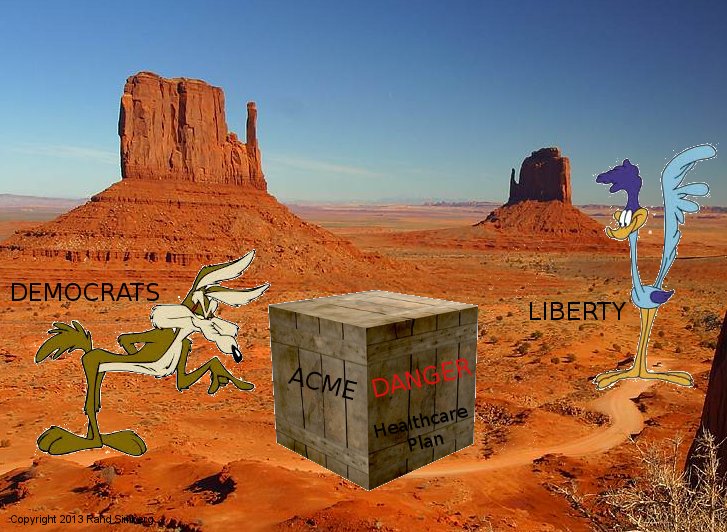[Saturday-morning update]
Sorry, link fixed now.
It should be understood that they are in cahoots with Obama, to the degree that they hate free markets. They’re just pissed that he wouldn’t stay bought. No sympathy and no honor among thieves.
Soopergenius.

Detecting photons without changing their quantum state.
It’s never going to happen, Roger.
He doesn’t even believe he’s done anything wrong. He’s just angry, and frustrated and confused that so many people seem to think he has. Anyway, then we’d be stuck with Biden. Not clear that’s any better, particularly from the standpoint of Iran.
A large number of media organizations, as well as the ACLU, have filed amicus briefs supporting our right to a speedy appeal in the mistaken denial of our motions to dismiss the suit against me, Mark Steyn, CEI and National Review. Note that they are not expressing opinions on the underlying merits of the suit, but simply preventing the DC anti-SLAPP law from being undermined.
[Update Friday morning]
More thoughts from Mark Steyn.
[Bumped]
Some thoughts on false consciousness.
I do find it bizarre that people think that making women dependent on others for their birth control makes them “independent.” As he notes, the left doesn’t want women independent, except from men. It wants them totally dependent on government, as the Julia video amply demonstrated.
I’ve always regretted not being bi-lingual. I took Latin in high school, which has been enormously beneficial, but I never spoke it, and I’m really only monolingual. That’s sort of a natural advantage that kids of immigrants have. I don’t know if my half-Iraqi nephew and niece are fluent (they probably just know some words), but I’m sure they’re getting some benefit from hanging out with their mother’s family.
I’d also note, on the education bubble front, that eliminating the requirement of a language for a college degree was an early sign of it.
This doesn’t surprise me at all. The brain remains the biggest mystery, I think.
More commentary on Richard Cohen’s asininity:
within the conservative movement, we’re not unusual at all. Interracial adoption is so common within the Evangelical community, it’s triggered a bizarre backlash from the Left. In my own (quite conservative) church, adoption has transformed a historically-white congregation into a veritable rainbow coalition.
What about the response from the left? Well, we were audited (along with roughly 70 percent of other adoptive families) by the Obama administration’s radical IRS, and we’ve been subjected to vile comments online, hateful private messages, and crazy in-person statements from self-described progressives who believe that white Christians can’t be trusted to raise a black child.
When the Left calls us racists, as with most of their epithets, it’s projection.